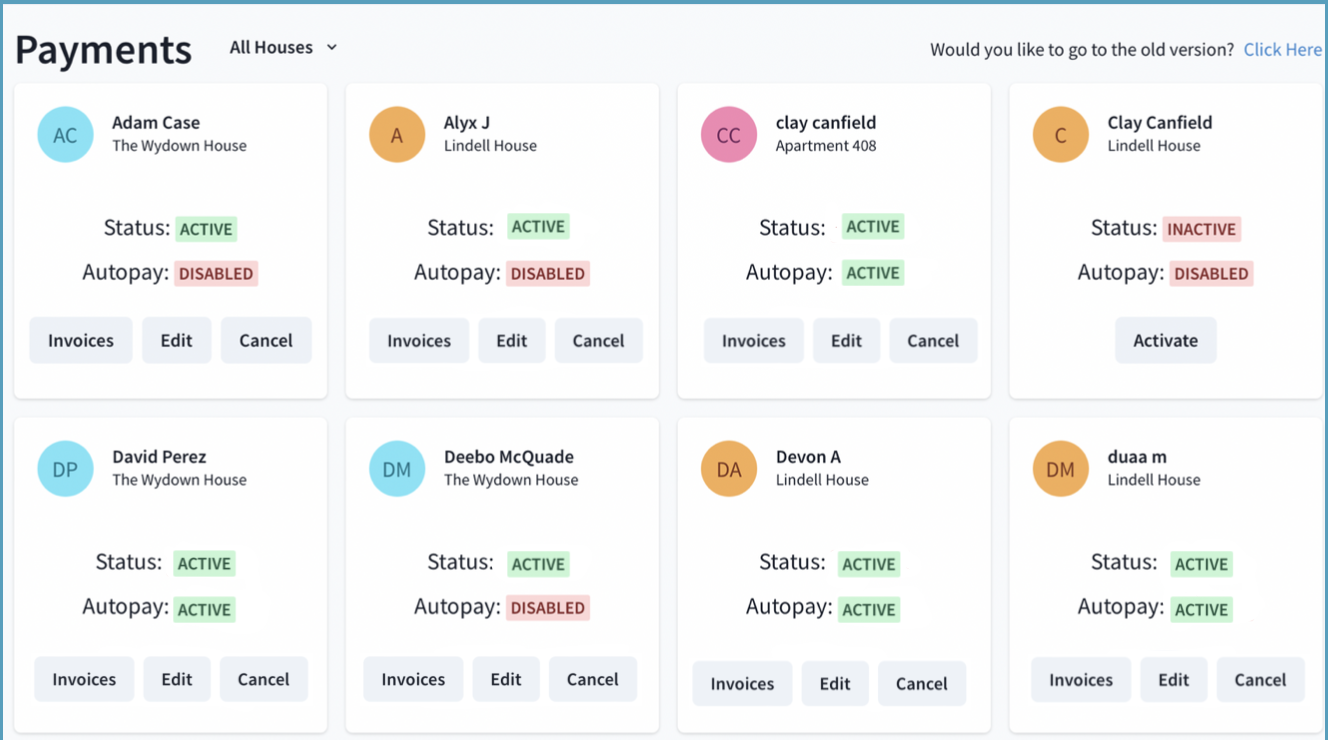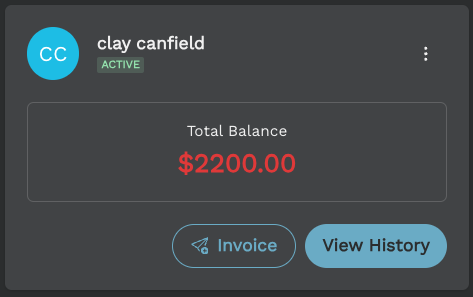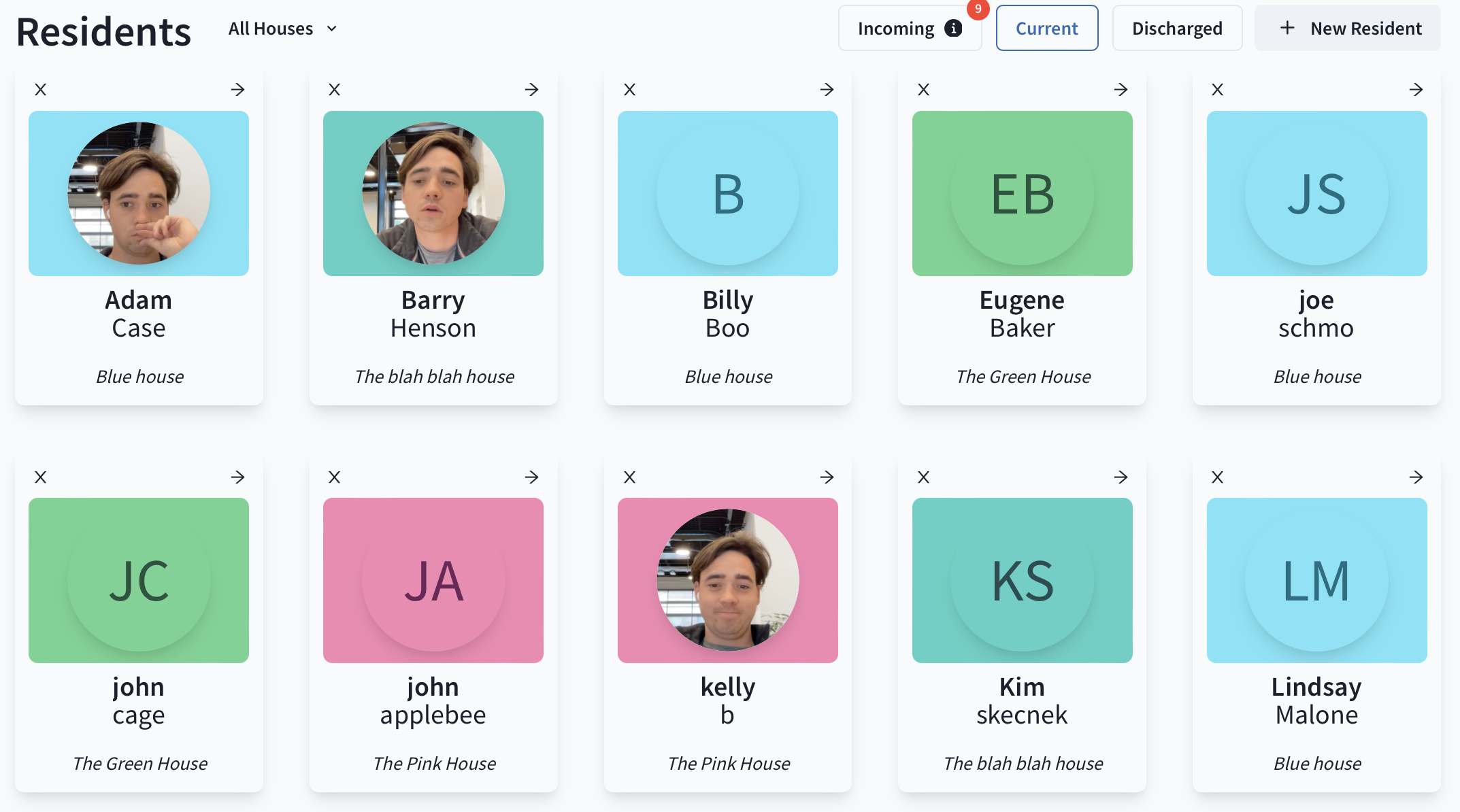Payment Collections from Residents Are a Pain: Autopay is a Solution
The weekly or monthly task of collecting rent can often be as daunting as it is critical. You understand the unique financial challenges that residents may face: poor credit, low income, and the all-consuming nature of early recovery. These difficulties make the traditional methods of rent / payment collection not only outdated but also inefficient.
By setting up a subscription-like payment model, similar to how one would subscribe to services like Netflix, residents can “subscribe” to their stay at the sober house.
Autopay directly addresses the erratic nature of rent collection by ensuring that payments are received on time, every time. As an operator, this provides you with the predictable revenue necessary to maintain the home, support staff, and invest in programs that are vital to your residents' recovery process.
So how do we incorporate autopay into sober living homes in an easy and effective way?Also, how do we make sure autopay turns off once a resident is discharged?
Sobriety Hub is one of the software options offering this autopay and resident subscriptions. The nice thing about using Sobriety Hub is that your residents will autopay will cancel when they are discharged in the system. You can see all of your paid and overdue invoices. All you have to do is collect the first digital payment, and every payment thereafter is automatically charged.
The data supporting the switch to autopay is compelling. Businesses that have moved to automated payment systems often see dramatic increases in on-time payments. This doesn't just stabilize your cash flow; it also reduces the administrative burden of chasing down late payments, allowing you to allocate resources where they're needed most—in supporting your residents.
Think of autopay - and Sobriety Hub Software in general - as a reliable partner in your mission to provide a safe haven for recovery. It's a simple switch with profound implications: better financial stability for your operation and one less hurdle in the path of your residents' journey to sobriety.



